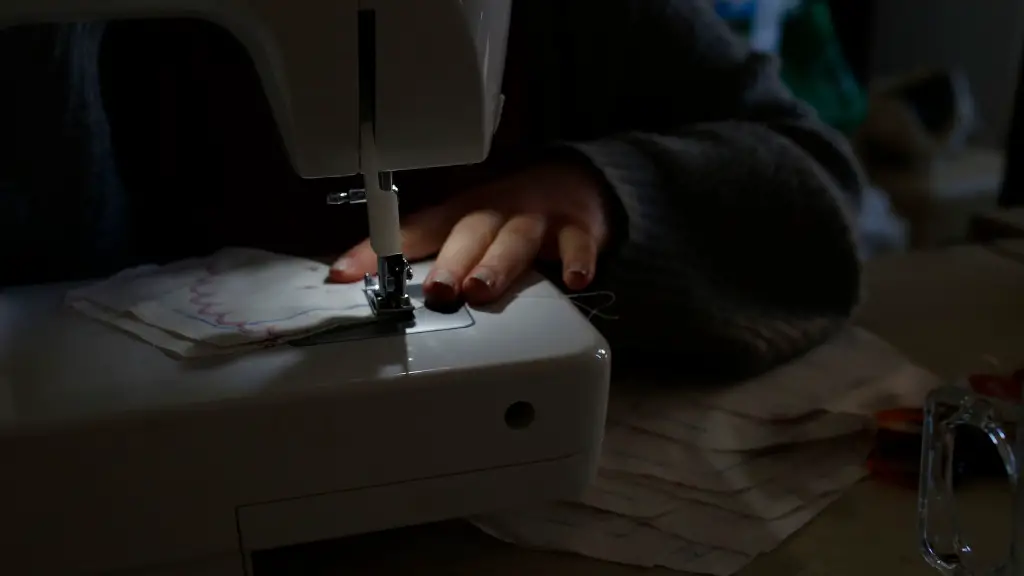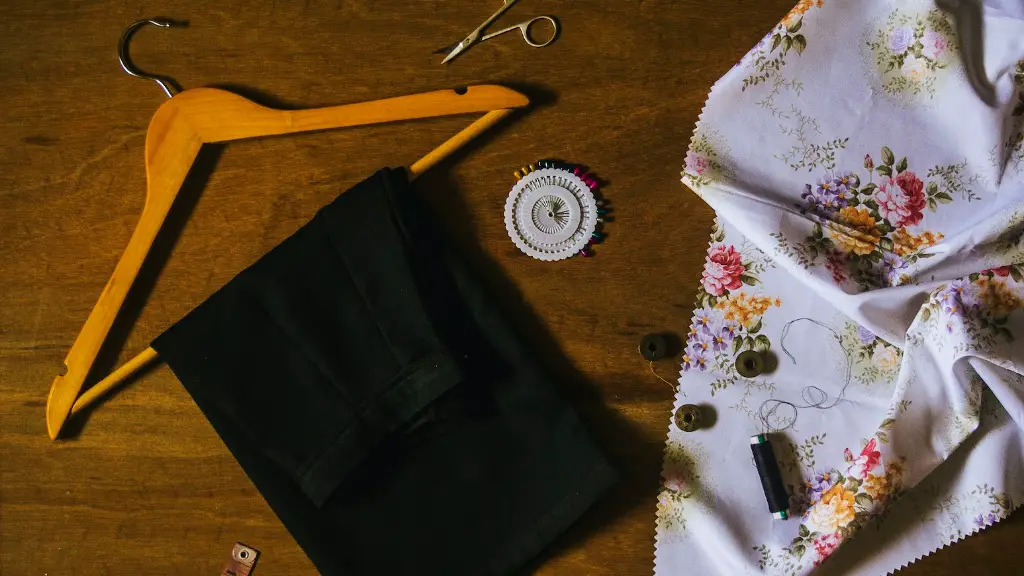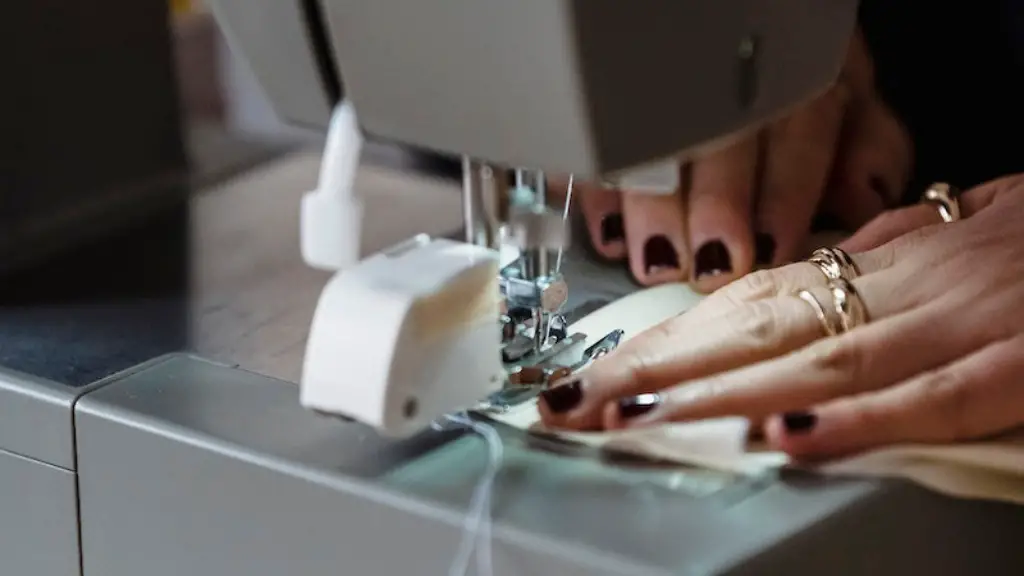Introduction
A quilt is an item of bedding made of layers of fabric stitched together to keep you warm on cold winter nights. For centuries, quilting has been a popular craft among women, as it is both economical and beautiful. The question of whether or not you need a sewing machine to make a quilt has been debated among quilting enthusiasts for years. In this article, we will explore the answer to this question in detail, examining the background, relevant data, perspectives from experts, and the personal insights and analysis of the author.
The Purpose of Quilting
In the past, quilts were used mainly as bedding or blankets, providing insulation and warmth while also adding a decorative flair to a bedroom. However, quilts can also be used to make table runners, wall hangings, art quilts, and even clothing. Quilting can be used for both practical and artistic purposes, depending on the creator’s vision.
Sewing Machines
Sewing machines are devices that most quilters rely on to piece together the different components of their quilts. While some people still choose to sew quilts by hand, using a sewing machine makes the process much faster and easier. Sewing machines can help quilters to piece and sew together fabric, attach batting, and quilt the layers.
Machine vs Hand Quilting
Many quilters debate the pros and cons of machine and hand quilting. Hand quilting is an excellent way of getting a high-quality finish, as it gives the quilter greater control over their stitches, leading to a neater outcome. Hand quilting also provides an opportunity for relaxation and can be a meditative activity. On the other hand, machine quilting is faster, more precise, and more consistent, making it an ideal choice for quilts which are intended for everyday use.
Do You Need a Sewing Machine to Make a Quilt?
The answer to this question depends on the type of quilt being made. If a quilt is intended for everyday use, then a sewing machine should be used to complete the project. The precision and consistency of machine quilting make it the ideal choice for quilts that need to stand the test of time.
On the other hand, if a quilt is intended as a keepsake or a decorative piece, then hand quilting is a viable option. Quilts that are meant to be prized possessions should be given more time and care, making them a perfect candidate for hand quilting.
Which Sewing Machines are Best for Quilt Making?
When shopping for a sewing machine to use for quilting, it is important to determine the features you need for your projects. For basic piecing and quilting, a lightweight, computerized machine is often the best choice. Some machines come with specialty feet for quilting and embroidery, and some models are even specifically designed for quilting. Generally, machines with longer throats are also preferred by quilters, as they provide extra space for bulky quilts.
Pros and Cons of Quilt Making with Sewing Machines
Using a sewing machine to make a quilt has clear advantages, such as precision and speed. But there are also some downsides to consider, such as the cost of the machine and the fact that it can be difficult to get a perfectly uniform quilt when using a machine.
One pro is the ability to quickly piece together large quilts, saving time and effort. Sewing machines are also less likely to make mistakes than human hands. Furthermore, the stitch options are far superior than traditional hand quilting techniques, resulting in a cleaner and more professional result.
On the other hand, sewing machines can also lead to some unwanted results, such as wobbly seams, inaccurate sewing, and uneven stitching. Additionally, many of the machines on the market today are expensive, making them an unaffordable option for some.
Tools for Quilting
Apart from sewing machines, quilters require many other tools in order to complete their projects. Rotary cutters and mats, fabric charts, and quilting rulers are just some of the items that should be included in a quilter’s toolkit. Pins and needles are also necessary for hand-piecing, and ironing equipment is essential for quilt blocks.
Quilting with a Professional
Many quilters choose to hire a professional quilter to take on the task of piecing and quilting large projects. This is an excellent option for those who are unable or unwilling to use a sewing machine on their own. Professional quilters also have access to a wide range of specialty fabrics, which can be used to create quilts of unparalleled beauty.
Summary
In conclusion, whether or not you need a sewing machine to make a quilt depends largely on the purpose of the quilt and the budget of the quilter. For practical everyday quilts, it is recommended to use a sewing machine, while for keepsake quilts, hand quilting may be the preferred option. When purchasing a sewing machine for quilting, be sure to consider all of the essential features you need to ensure the best possible outcome. Lastly, professional quilters can offer an excellent alternative for those who are unable or unwilling to use a sewing machine.


